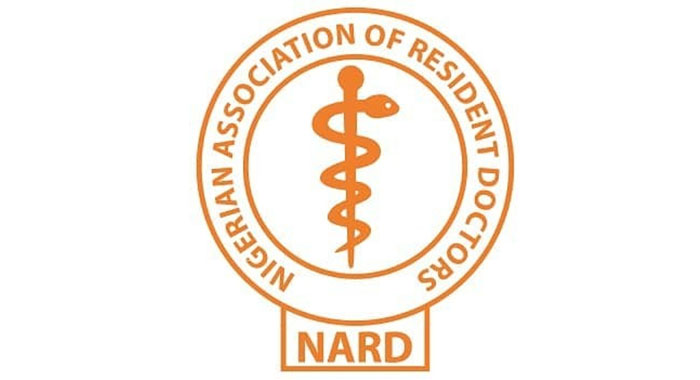In response to the ongoing heatwave affecting various regions of Nigeria, the Nigerian Association of Resident Doctors has issued crucial health and safety guidelines.
Through a message posted via its official platform on Saturday, the association underscored the importance of vigilance and self-care during these extreme weather conditions.
Entitled ‘Stay Safe in the Heatwave,’ the advisory emphasises the potential health risks posed by soaring temperatures, including illness, endangerment, and even fatalities. Urging individuals to prioritise their well-being, the association provided the following recommendations:
1. Stay Hydrated: It is advised to consume ample water throughout the day to prevent dehydration. Additionally, reducing the intake of caffeine and alcohol, known contributors to dehydration, is recommended.
2. Wear Appropriate clothing: Opt for loose, lightweight, and light-colored attire to facilitate body cooling.
3. Seek Shade: Minimise outdoor activities, especially during peak hours between 10 a.m. and 4 p.m., and seek shade when outdoors.
4. Cool Showers or Baths: Taking refreshing showers or baths can help lower body temperature and alleviate heat-related discomfort.
5. Recognize Heat-Related illnesses: Be vigilant for symptoms such as dizziness, nausea, headache, rapid heartbeat, and confusion, and seek immediate medical attention if these signs manifest.
According to the Nigerian Meteorological Agency (NiMET), the prevailing excessive heat is expected to persist for the foreseeable future. NiMET’s weather and climate update, posted on its official platform on Wednesday, highlighted the severity of the situation and provided guidance for managing the conditions.
With temperatures reaching 41°C in the North and 39°C in the South, NiMET warned of various implications, including fainting, heat-related illnesses, respiratory issues, and heightened vulnerability to chronic conditions. To mitigate risks, citizens are advised to maintain adequate fluid intake, seek shelter, utilise fans, and wear breathable clothing.
As Nigeria grapples with the ongoing heatwave, adherence to these safety guidelines is paramount to safeguarding public health and well-being.



